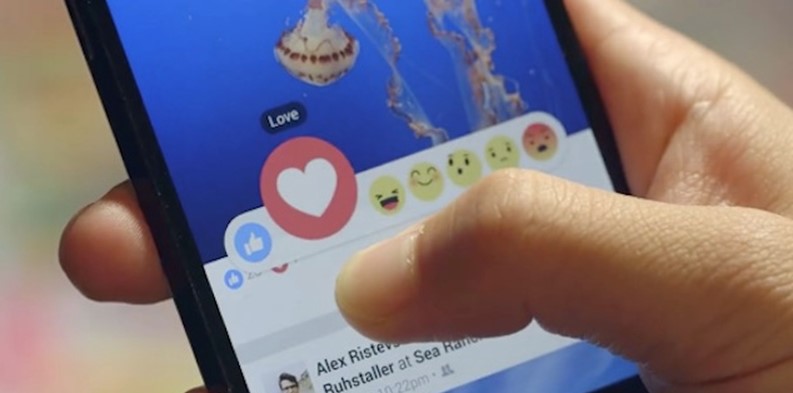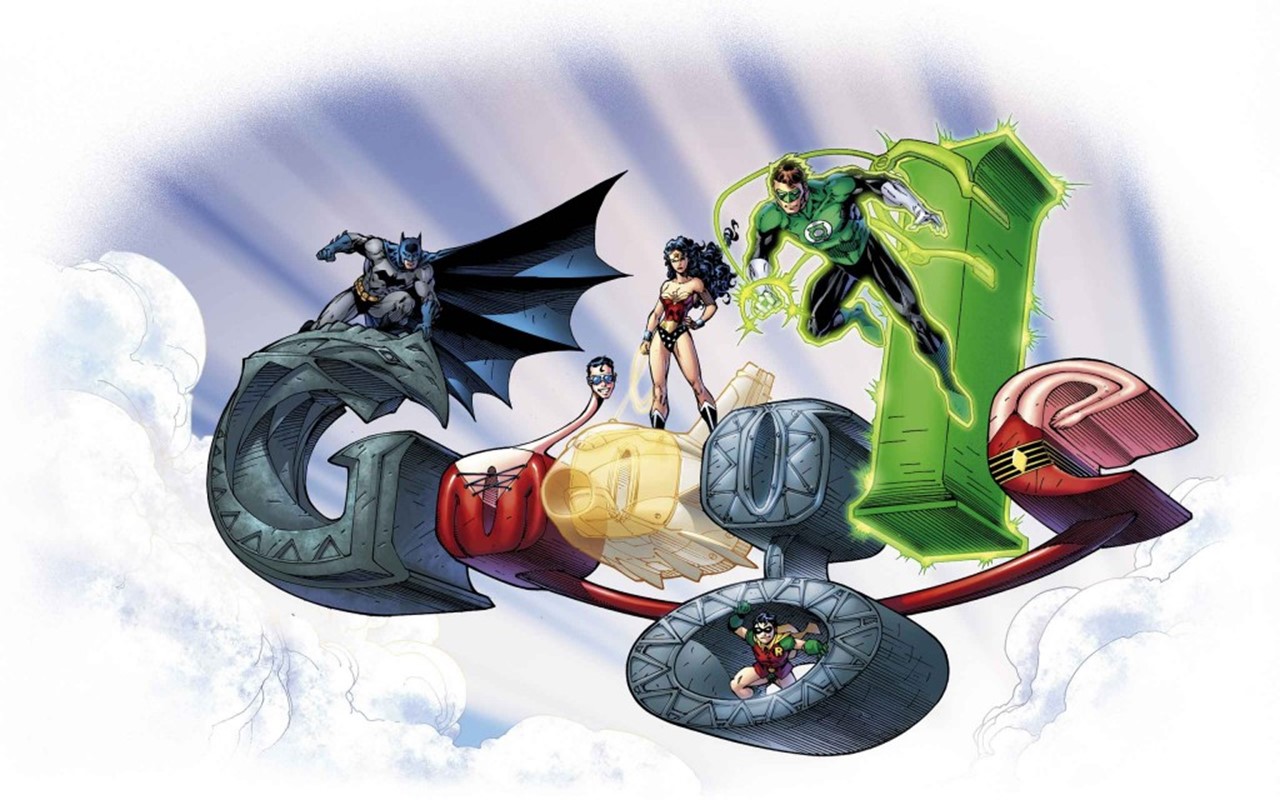The Economics Of Facebook Reaction Buttons
February 25, 2016 in Daily Bulletin

Facebook has expanded its “Like” functionality to encompass more reactions. Will Oremus wrote about how Zuckerburg and co. could use this to their advantage:
- With the Like button users told Facebook that they wanted to see more of a certain thing. But with the new buttons Facebook can understand how users truly feel about something.
- Facebook could use this, for example, to figure out the perfect mix of emotions to elicit in you through the posts it shows, to keep you coming back.
- It could also, of course, figure out the mix of emotions that get you to click on the most ads.
- In fact, advertizers could now be asked to pay more if they want to ensure that their posts are shown alongside those that generate positive feelings.
Read other musings about why Facebook made some of the choices that it did, and what this means about the future of the social network here.
Source: Slate









Join the Discussion! (No Signup Required)